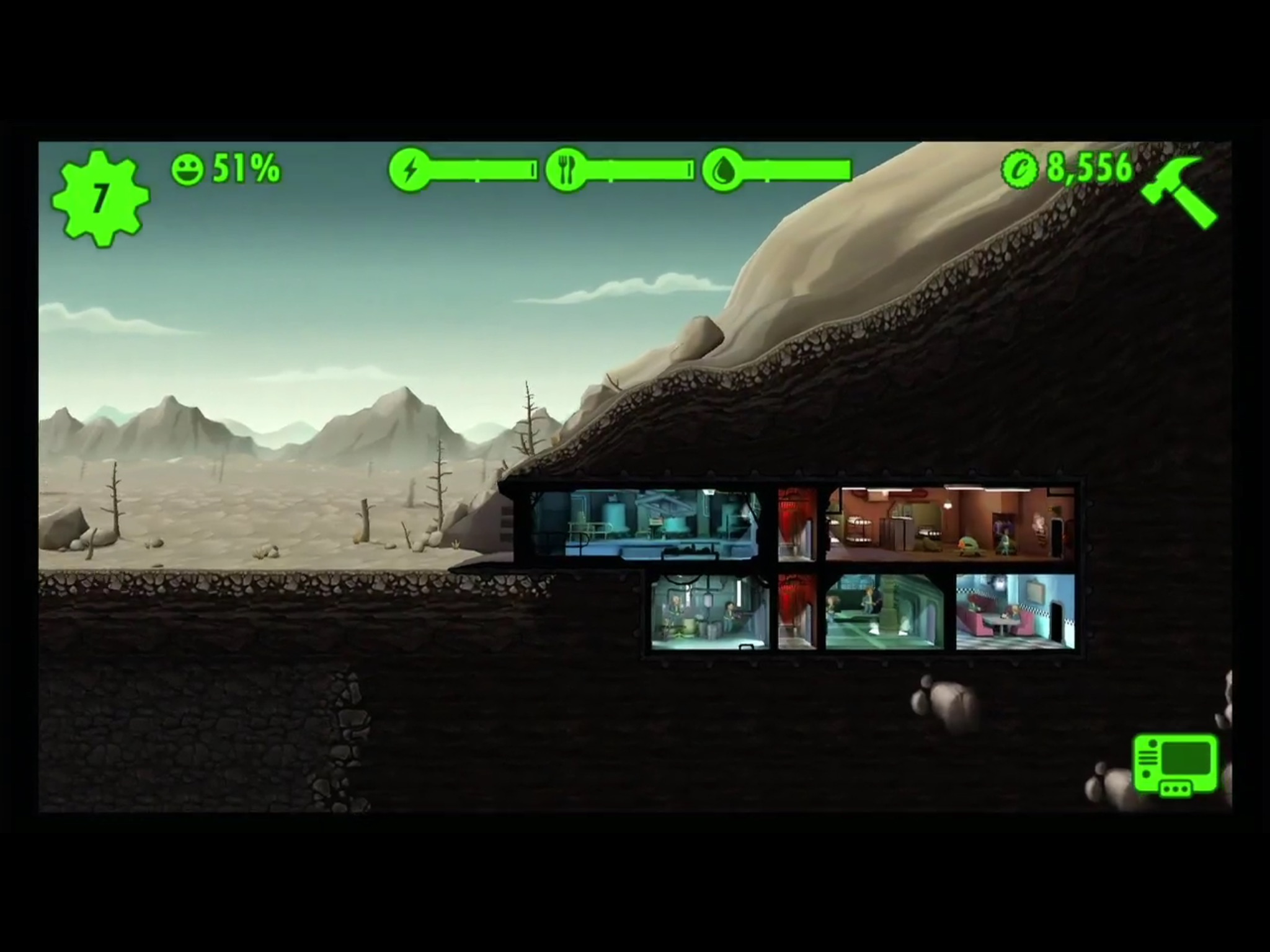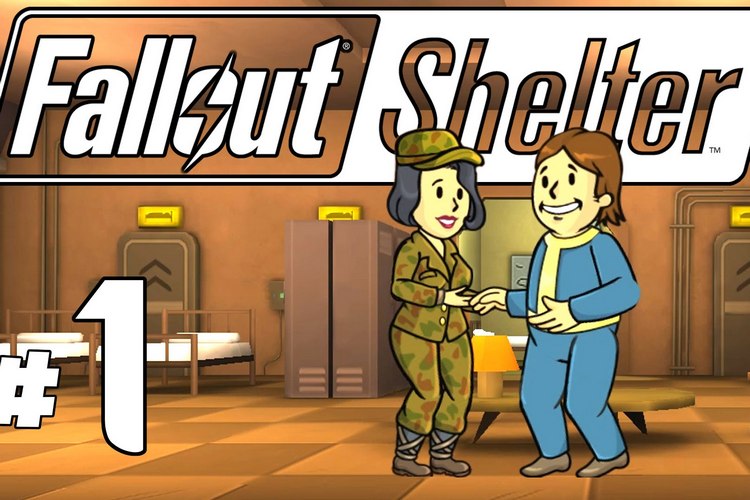

Six separate expansion packs fleshed out Fallout 4's post-apocalyptic world by adding locations like the Nuka World amusement park and new options for the game's creatively oriented build mode.

Throughout 2016, Bethesda continued to produce content for the game. But the game's big debut was only the beginning. There's no telling what other mobile games are en route from Bethesda, but the company in December opened a Montreal office that will allow it to expand its development focus, and undoubtedly branch into mobile further.Fallout 4 launched in November 2015 after a surprise (well, sort of) announcement at E3, North America's biggest video game trade show, earlier that year. That determination to make a mobile game genuinely compelling has paid off handsomely here. Bethesda isn't known for light adventures, so the company knew that Shelter would have to have more meat on the bones versus the competition. Howard says that in developing the game, the company made sure that the fans would like it. While Bethesda didn't anticipate the success Fallout Shelter saw, it didn't develop the game half-heartedly. That might not be Candy Crush big, but it's huge nonetheless. On Android, the second platform the game released for, it's been installed over 10 million times and has an aggregate rating of 4.4, derived from 1.3 million individual ratings.

Similarly, Bethesda tells us that Fallout Shelter will not be the last mobile game it puts out, either.Īt this week's DICE Summit, Bethesda's Director Todd Howard said, "We're gonna do more," and admitted that the company didn't expect the kind of success Fallout Shelter has been treated to. With Fallout's continued success, there's little doubt that we'll see a Fallout 5. That proved true with the company's latest masterpiece, Fallout 4, which managed to sell an impressive 12 million copies (for $750 million in revenue) in its first few days. It could be said that Bethesda is like the " Apple" of the gaming world - anything it releases is almost guaranteed to sell well.


 0 kommentar(er)
0 kommentar(er)
